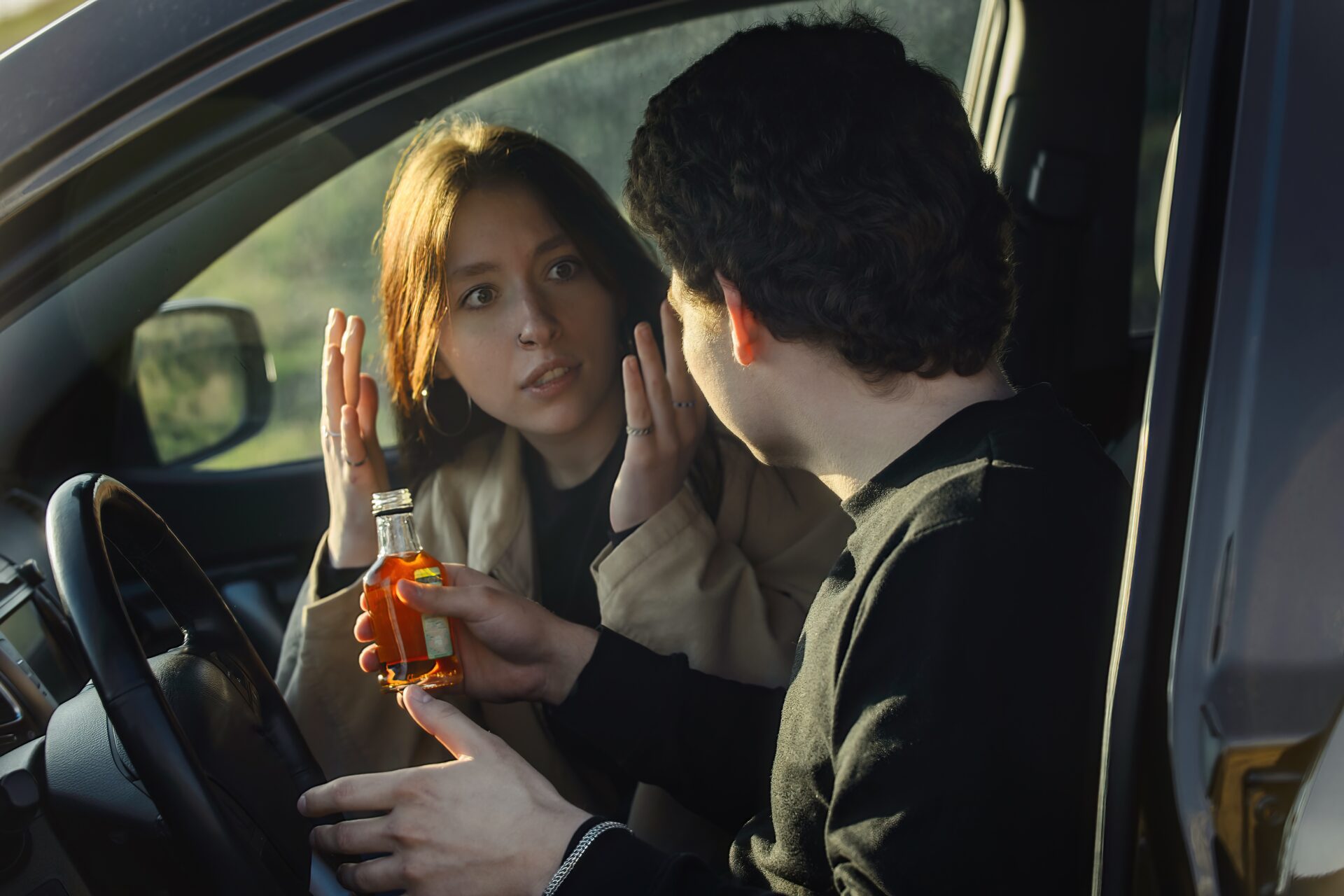 Lawyers in College Station and Waco representing cases across Texas
Lawyers in College Station and Waco representing cases across Texas Lawyers in College Station and Waco representing cases across Texas
Lawyers in College Station and Waco representing cases across Texas Lawyers in College Station and Waco representing cases across Texas
Lawyers in College Station and Waco representing cases across Texas
Being involved in a DWI incident can be nerve-wracking, even if you aren’t the person driving. While it is unlikely that you would be charged with a DWI if you were not operating the vehicle, you could face other criminal charges. The nature of these charges will depend upon the circumstances of the traffic stop. Even as a sober passenger, you could find yourself in legal difficulties if there are open alcohol containers or illegal substances in the vehicle, regardless of whether you were aware of their presence. Understanding the state’s DWI laws and other intoxication offenses can help you make choices that could protect you from serious legal issues.
Under Texas Penal Code Sec. 49.04, a DWI offense has two distinct elements:
The penal code defines intoxication as either having a blood alcohol concentration (BAC) of 0.08 or higher or no longer possessing the normal use of one’s physical or mental faculties due to the ingestion of a substance such as alcohol or drugs. Operating a vehicle while in a state of intoxication can lead to an arrest for DWI charges. Operating a car does not necessarily have to mean actively driving. It can include having the capability to drive the vehicle, such as possessing the keys inside the car or sitting in an idling vehicle without anyone in the driver’s seat.
Being arrested for driving while intoxicated as a passenger is highly unlikely due to the state’s definition of DWI, although it is technically possible. In most cases, the arrest would likely involve uncertainty by the arresting officer about the driver’s identity or an unusual technicality regarding the definition of “operating” a vehicle. Some potential situations where a passenger may be arrested for a DWI include the following.
If a car crash has occurred, the scene may be chaotic. As a passenger, you may have exited the vehicle for safety reasons, making it difficult for the responding officer to identify who was operating the vehicle at the time of the accident. Law enforcement may also rely on witness testimony to determine who was driving, but witnesses often make mistakes.
If you’ve been wrongfully charged with a DWI following an accident where you were a passenger, it is critical to seek the counsel of an experienced Texas DWI defense lawyer immediately. DWI charges can be enhanced if your blood alcohol levels were above 0.15, a child 15 or younger was in the vehicle, or anyone was hurt or severely injured in the crash. A robust defense is vital to help avoid a potential conviction for a crime you did not commit.
Sometimes, after they have been pulled over, a driver may urge their passenger to trade places with them. The driver may wish to avoid charges due to warrants, prior DWIs, or lack of a valid driver’s license or insurance. If you were also intoxicated at the time, you may have agreed without considering the potential consequences, or you may have feared retaliation from the driver. Correcting this misunderstanding may be challenging and often requires the assistance of a strong legal team.
If you were observed reaching over to steady the wheel or taking another action that affected the motion of the vehicle as an intoxicated passenger, you could potentially face DWI charges. However, these charges may be difficult for the prosecution to prove without some corroborating evidence.
This is possibly the most common situation where an intoxicated individual could be charged with a DWI without driving the vehicle. “Sleeping it off” in your car with your keys or turning on the vehicle to warm up, cool off, or listen to music can be considered operating the vehicle while intoxicated under strict interpretations of the state’s laws. Even if you are sitting in the passenger seat, if there is no other obvious driver and you have the capability to use the vehicle, you could be at risk of a DWI arrest.
While the likelihood of a DWI arrest for an inebriated passenger is very low, several other issues could arise during the traffic stop. The most significant risk of legal consequences for an intoxicated passenger during a DWI incident comes from the following non-DWI charges:
Whether or not you were driving, charges related to a DWI incident could lead to serious impacts on your reputation and life. Contacting a knowledgeable defense attorney as soon as possible after your arrest is vital. Our skilled legal team at The Greening Law Group can investigate the incident, fight for your rights, and mount a solid defense to any allegations to give you the best possible chance of reaching a favorable outcome in your case. Contact our College Station (979-779-2000) or Waco (979-779-2000) office today and schedule a no-obligation case evaluation to discuss your legal options.